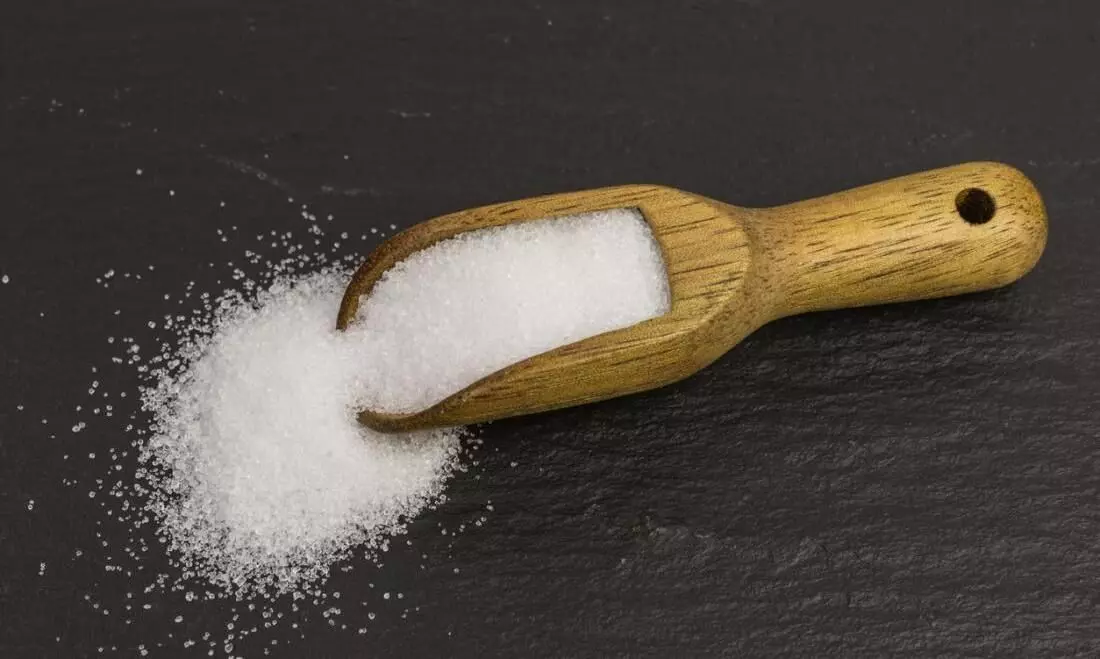
Chemical found in an artificial sweetener can damage DNA, says study
text_fieldsA popular zero-calorie artificial sweetener, sucralose marketed as Splenda, is being accused of containing a chemical that damages DNA and causes cancer.
A new study has found that this sweetener is 600 times sweeter than table sugar. It is used in thousands of products including baked goods, beverages, chewing gum, gelatins, and frozen dairy desserts. "Sucralose is utilized in tens of thousands of food, beverage, and pharmaceutical products worldwide. For example, it is found in baked goods, beverages, chewing gum, gelatins, frozen dairy desserts, and pharmaceutical products," said lead author Susan Schiffman.
The study carried out by experts from North Carolina State University found that sucralose, once inside the human body, breaks down to a compound called sucralose-6-acetate. This can damage the lining of the intestine. Splenda is a popular brand in the US and has over 50 million users.
"Sucralose-6-acetate significantly increased the expression of genes associated with inflammation, oxidative stress, and cancer. Our in vitro studies used human tissue, so the findings are directly relevant to the human body. When we exposed sucralose and sucralose-6-acetate to gut epithelial tissues - the tissue that lines your gut wall - we found that both chemicals cause 'leaky gut," added Schiffman.
Artificial sweetener producers, however, argue that their products are safe and asserted that sucralose has undergone extensive and thorough testing.
























